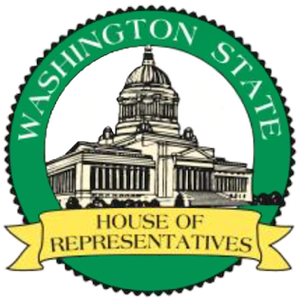The Washington State House Appropriations Committee (WA House APP) considers the operating budget bill and related legislation, budget processes, and fiscal issues such as pension policy and compensation. The committee also considers bills with operating budget fiscal impacts.
Public Hearing
- SB 5367 - “Concerning the regulation of products containing THC.”
